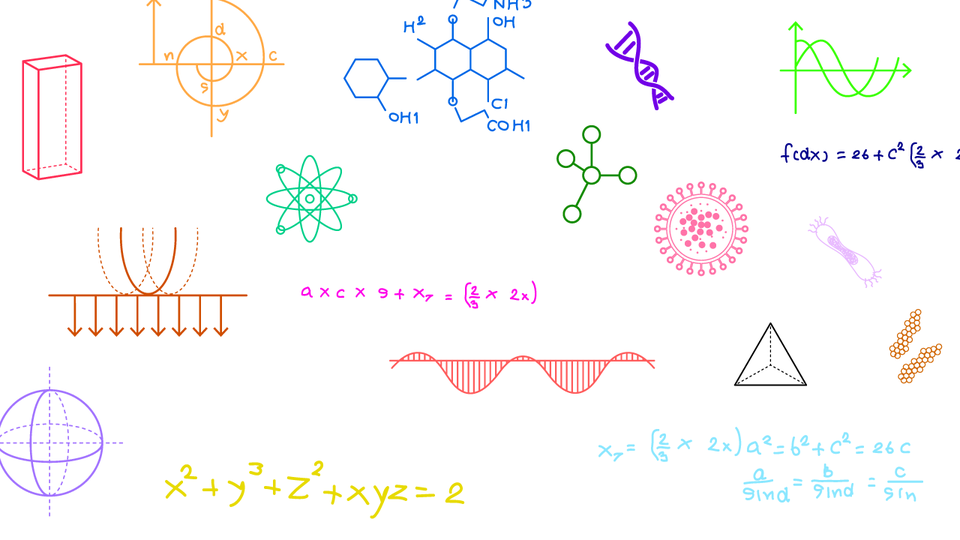· 2 min read
New projects examine collegiate STEM education

With the assistance of grants from the National Science Foundation, two University of Nebraska-Lincoln researchers are conducting interdisciplinary studies designed to improve collegiate education in science, technology, engineering and mathematics.
Marilyne Stains, associate professor of chemistry, and Brian Couch, assistant professor of biological sciences, will examine STEM education from the perspectives of both students and faculty.In one study, groups of STEM faculty at Nebraska and the University of Maine will document differences between high school and college-level STEM instruction, along with the reasons that undergraduates may struggle in first-year courses. Fewer than half of first-year undergraduates majoring in STEM fields earn a STEM degree within six years, with many switching majors between their freshman and sophomore years.
The researchers are ultimately aiming to help STEM faculty adapt their instruction to ease students’ transition from high school to college in the hope that fewer undergraduates will abandon STEM majors.“Our emerging data suggest that the instructional practices used in introductory college STEM courses differ significantly from those used in high school classes, and that incoming college students hold expectations that are often not well-aligned with actual college teaching practices,” the researchers wrote.
The other study will gather data on social networks among STEM faculty at Nebraska, the University of South Florida and Boise State University to examine how those networks are influencing the adoption of changes in STEM education already underway at the three institutions. It will also explore the extent to which those changes in teaching practices and culture are actually observed in the universities’ STEM classrooms.
“The analysis of these data will provide insight into how ideas around teaching innovation might be shared, especially in research-focused environments,” the researchers wrote.









